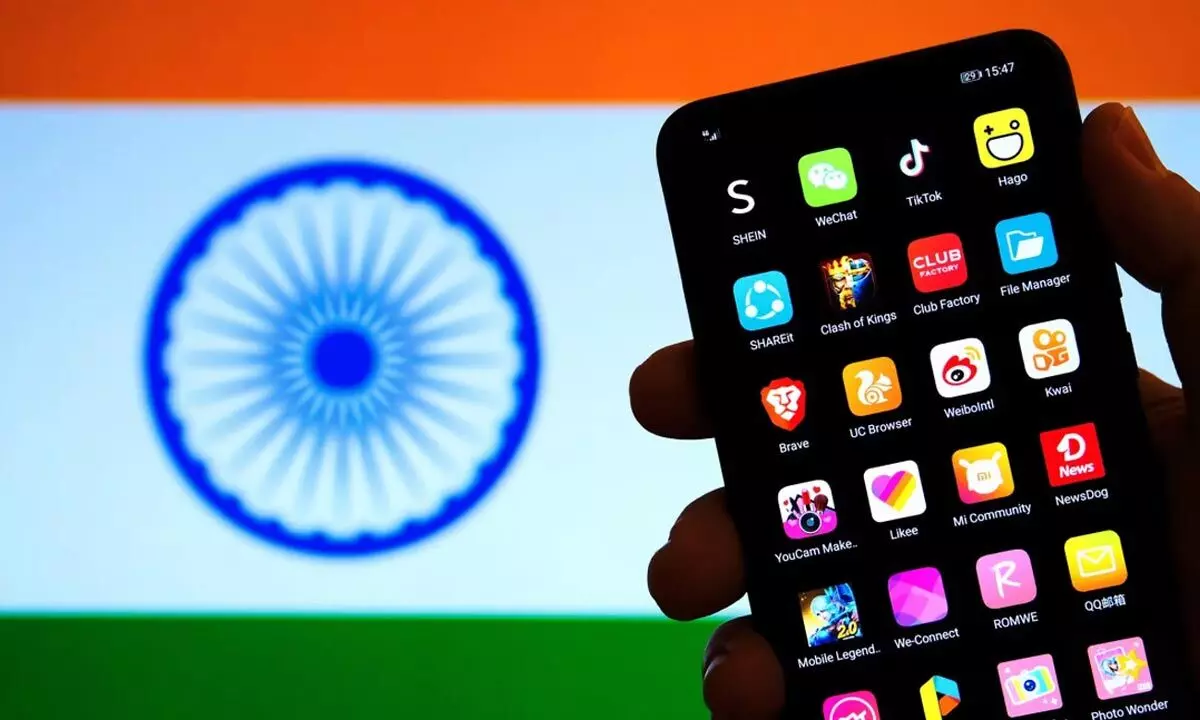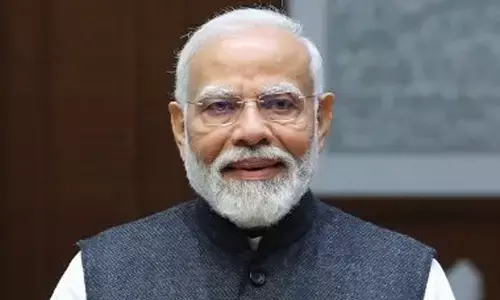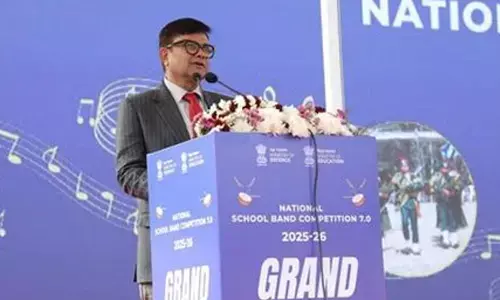Time to ban Chinese lending apps in India

Time to ban Chinese lending apps in India
Lending to gullible borrowers at exorbitant interest rates and high-handed recovery methods by Chinese instant loan application firms has created furore across the country
Lending to gullible borrowers at exorbitant interest rates and high-handed recovery methods by Chinese instant loan application firms has created furore across the country. Taking note of these concerns, both the central government and RBI have taken several measures to contain the situation.
Last week, the Enforcement Directorate (ED) said that six online payment gateway locations in Bengaluru had been raided due to alleged irregularities in mobile app-based loans that were managed by Chinese individuals. Notable among those are Razorpay, Paytm and Cashfree. Some of these companieshave responded saying that they were cooperating with the investigation process.
According to the ED, it had seized Rs 17 crore held with several payment gateways as part of the money laundering probe. The investigating authority said that these digital loan apps and their parent entities used forged documents of Indians to portray them as fake directors in these firms. Thus, they escaped from the regulatoryrequirements with regard to various compliances.
Though these Chinese loan apps have been operating in India for quite some timenow, their presence has reached menacing proportion during the Covid pandemic.As people lost their livelihoods owing to shut down of the economy, these apps provided small ticket loans to gullible borrowers at high interest rates who fell prey tosuch tactics owing to money constraints. Subsequently, these lenders adopted high-handed recovery methods in case of default. There were instances where goons were hired to threaten. Even borrowers' privacy was breached by putting morphed picture of family members. Such mental torture has led to cases where few borrowers had taken their lives.
Given this grave scenario, it's high time that such apps should not only be monitored but should be completely banned in India. Search engine giant Google recently said that it removed 2,000 illegal loan apps from Play Store this year in India. This is an alarming figure. While fintechs hold the potential of changing the financial services landscape in India, nefarious elements can take digital route to spoil theparty. Therefore, the regulators including the Reserve Bank of India have to be vigilant enough to mitigate such risks proactively than reacting to such situations.
People falling trap to Chinese digital lending apps also tells another story. India remains a credit-starved country. Most eligible people don't get loans fromestablished financial institutions. Cumbersome procedure, subjective evaluation,corruption and lack of data are the primary drivers for such a sorry state of affairs.
Public sector banks traditionally have shied from retail lending, though it is changing of late. Private banks prefer salaried individuals to self-employed people for grantinga loan. While there is no harm in taking individual credit decisions, Indian financialservices sector has lacked innovation in lending space. That is the major reason thatSMEs have not realised their true potential owing to lack of credit.
As heartening, thishas started to change with advent of genuine digital lending apps where fintechs arewilling to lend small ticket loans to eligible individuals. If fraudsters ruin thisopportunity, India will never grow to be a middle-income country in the coming years.














